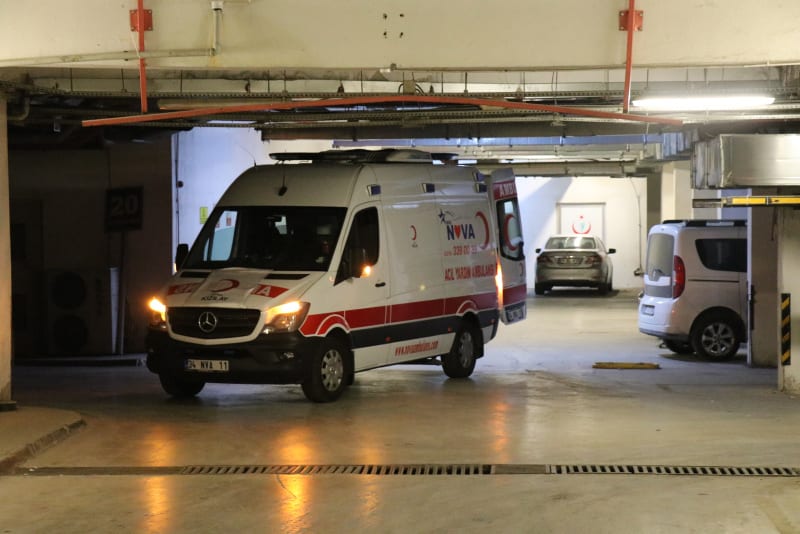Plasma is all the rage in Turkey, as the country tries every means possibles to help coronavirus patients, from vaccine studies to locally made drugs. The complementary therapy proved effective for patients but supplies started running out.
The Turkish Red Crescent, which oversees the plasma donation campaign, urged a public mobilization on Friday to ramp up donations.
Speaking at a news conference at a blood donation center in Istanbul, Red Crescent President Kerem Kınık said immune plasma stocks are on the decline due to rising COVID-19 cases in the country. He also called for a boost in blood donations as people apparently shy away from donating blood at the time of the pandemic.
“I appeal to potential donors who recovered from the coronavirus to donate. Their donation can save the lives of at least eight people and they will not be under any risk whatsoever with a donation,” he said.
Kınık pointed out that Turkey, like other countries, was going through the “second peak of the first wave” of the pandemic.
“The number of patients, critical patients, patients in intensive care increase. In parallel with this development, the need for immune plasma increases. We boosted our stocks with a large-scale campaign in June, July and August and had about 5,000 units of plasma at the beginning of September. But we ran out of these stocks now,” he said.
“Immune plasma is received from recovered coronavirus patients, with no microorganisms, from people with antibodies and people of certain ages. The Health Ministry shares a list of recovered patients eligible for donation with us and we contact them for donation appeals. Around 90% of those people agreed to donate, and this is the highest rate in the world. Since the first days of the pandemic, 13,698 units of plasma were donated. Studies show plasma decreases fatality rates and stays in intensive care, and accelerates the recovery process,” Kınık said.

